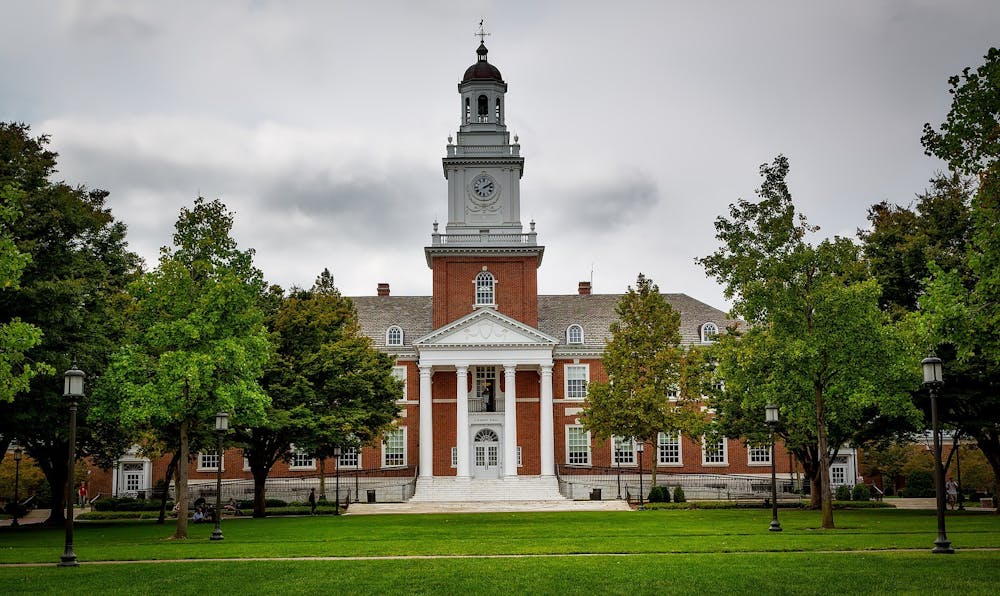
Johns Hopkins completely phased out preferential legacy admissions in 2014. (Photo from Pixabay)
Last week, officials at Johns Hopkins University spoke out in favor of the school’s decision to abolish preferential treatment for legacy applicants, claiming the change has boosted diversity on campus.
Johns Hopkins President Ronald J. Daniels said the University completely phased out preferential legacy admissions by 2014 in order to make the student body more diverse, according to The Washington Post. That year, legacy students comprised only 5% of the university's incoming freshman class, down from 12.5% in 2009, Daniels' first year in office.
“Because legacy students at these schools are more likely to be wealthy and white than non-legacy students, the very existence of legacy preferences limits access for high-achieving low- and middle-income students, and also for African American, Latino, and Native American students,” Daniels wrote in an article for The Atlantic.
Among other private universities, the Massachusetts Institute of Technology and the California Institute of Technology also say they do not give legacy students preferential treatment during the admissions process, The Washington Post reported.
A significant portion of Penn students who apply Early Decision have a parent or grandparent who also attended Penn. For the Class of 2023, 23% of admitted ED applicants were legacy students, a slight decline from 25% for the Class of 2022.
A recent study conducted by education software company Naviance estimated that the admissions rate is about 31% higher for legacy applicants than the general admissions rate.
A study released in 2019 revealed that nearly half of white Harvard students are athletes or children of alumni or donors. Researchers from Duke University, University of Georgia, and University of Oklahoma found that only one-quarter of these students would have been admitted to Harvard without these advantages.
“More than just a nudge, these preferences can, at some institutions, be the equivalent of a 160-point boost on the SATs (out of 1600). At several elite universities, legacy applicants are three to six times as likely on average to be admitted as their non-legacy peers,” Daniels said.
The Daily Pennsylvanian is an independent, student-run newspaper. Please consider making a donation to support the coverage that shapes the University. Your generosity ensures a future of strong journalism at Penn.
Donate







